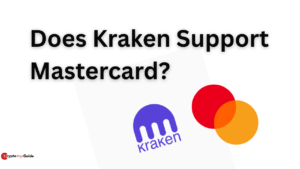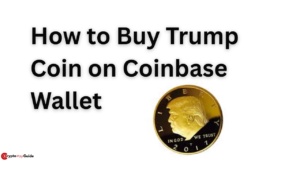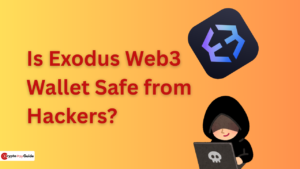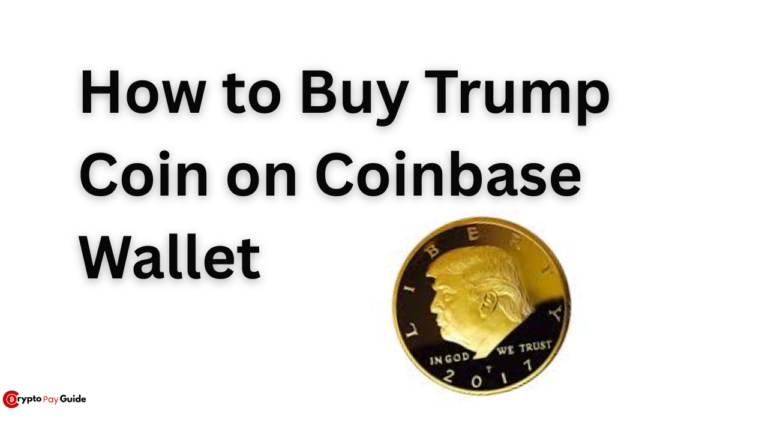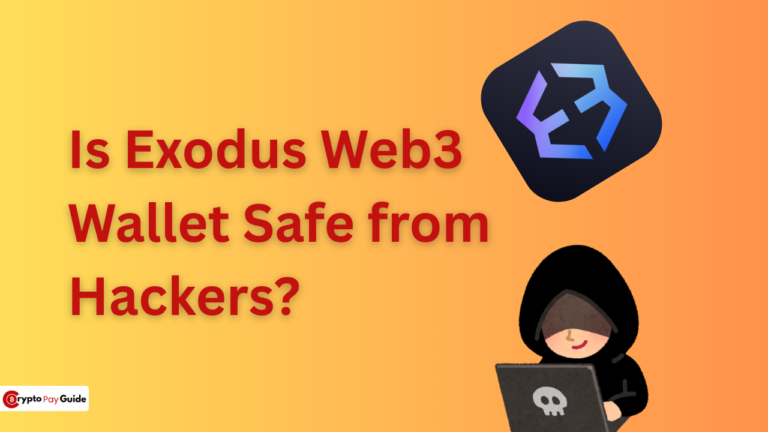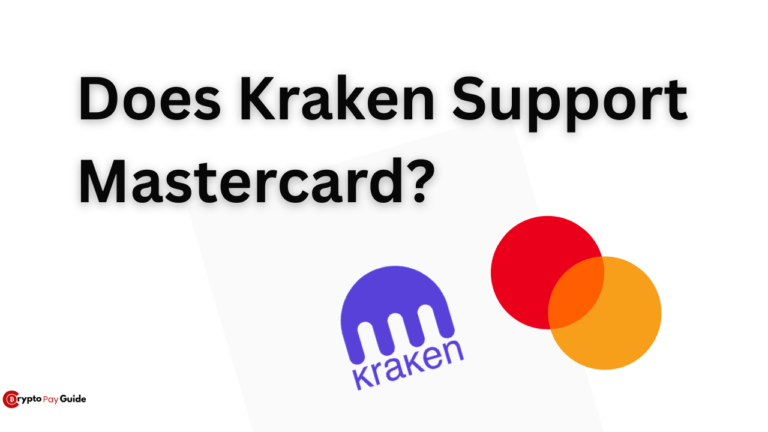With the growing adoption of cryptocurrencies, choosing the right wallet is critical for securely managing your digital assets. Two of the most popular wallets in the crypto space are MetaMask and Coinbase Wallet.
While both are excellent options, they cater to different needs and preferences. In this blog, we’ll dive deep into their features, differences, security, fees, and usability to help you decide which is better.
What is the Difference Between MetaMask and Coinbase Wallet?
The primary difference between MetaMask and Coinbase Wallet lies in their design and ecosystem focus:
MetaMask
MetaMask is a non-custodial wallet designed specifically for the Ethereum ecosystem. It supports Ethereum-based tokens (ERC-20) and other Ethereum-compatible blockchains like Binance Smart Chain and Polygon.
Initially launched as a browser extension, it has since expanded to mobile apps for iOS and Android. MetaMask is widely used for interacting with decentralized applications (dApps), accessing DeFi platforms, and managing NFTs.
Coinbase Wallet
Coinbase Wallet is also a non-custodial wallet, but it offers broader cryptocurrency support. Unlike MetaMask, the Coinbase Wallet supports Bitcoin (BTC), Ethereum (ETH), Litecoin (LTC), and many other cryptocurrencies.
It’s designed to work seamlessly with the Coinbase exchange platform, making it an excellent choice for users transitioning from custodial wallets to self-custody. Additionally, it features a built-in dApp browser for Web3 interactions.
Is MetaMask Safer than Coinbase Wallet?

Security is a top priority when choosing a crypto wallet, and both MetaMask and Coinbase Wallet have robust security features.
However, they differ in how they manage user security:
MetaMask Security
- Private Key Storage: MetaMask stores private keys locally on your device, ensuring you have full control over your funds.
- Seed Phrase Backup: Users are provided with a 12-word seed phrase during setup. This phrase is crucial for recovering your wallet if you lose access.
- Hardware Wallet Integration: MetaMask can integrate with hardware wallets like Ledger or Trezor, adding an extra layer of security.
- Risks: The main risks include phishing attacks or malware that can compromise your seed phrase or private keys.
Coinbase Wallet Security
- Encryption: Private keys are encrypted and stored locally on your device.
- Multi-Factor Authentication (MFA): The Coinbase Wallet supports MFA for added protection.
- No Hardware Wallet Support: Unlike MetaMask, the Coinbase Wallet does not currently support hardware wallet integration.
- Risks: As a hot wallet, it’s more vulnerable to online threats compared to hardware wallets.
While both wallets are secure, MetaMask offers more advanced security options due to its hardware wallet compatibility.
Can I Use MetaMask with Coinbase?
Yes, you can use MetaMask with Coinbase, but not directly. Here’s how:
- Log in to your Coinbase account.
- Go to the “Send/Receive” section.
- Copy your MetaMask wallet address from the MetaMask app or extension.
- Paste the address into the “Recipient” field on Coinbase.
- Choose the cryptocurrency you want to transfer (ensure it’s supported by MetaMask).
- Complete the transaction.
While you cannot link MetaMask directly to Coinbase, transferring funds between them is straightforward.
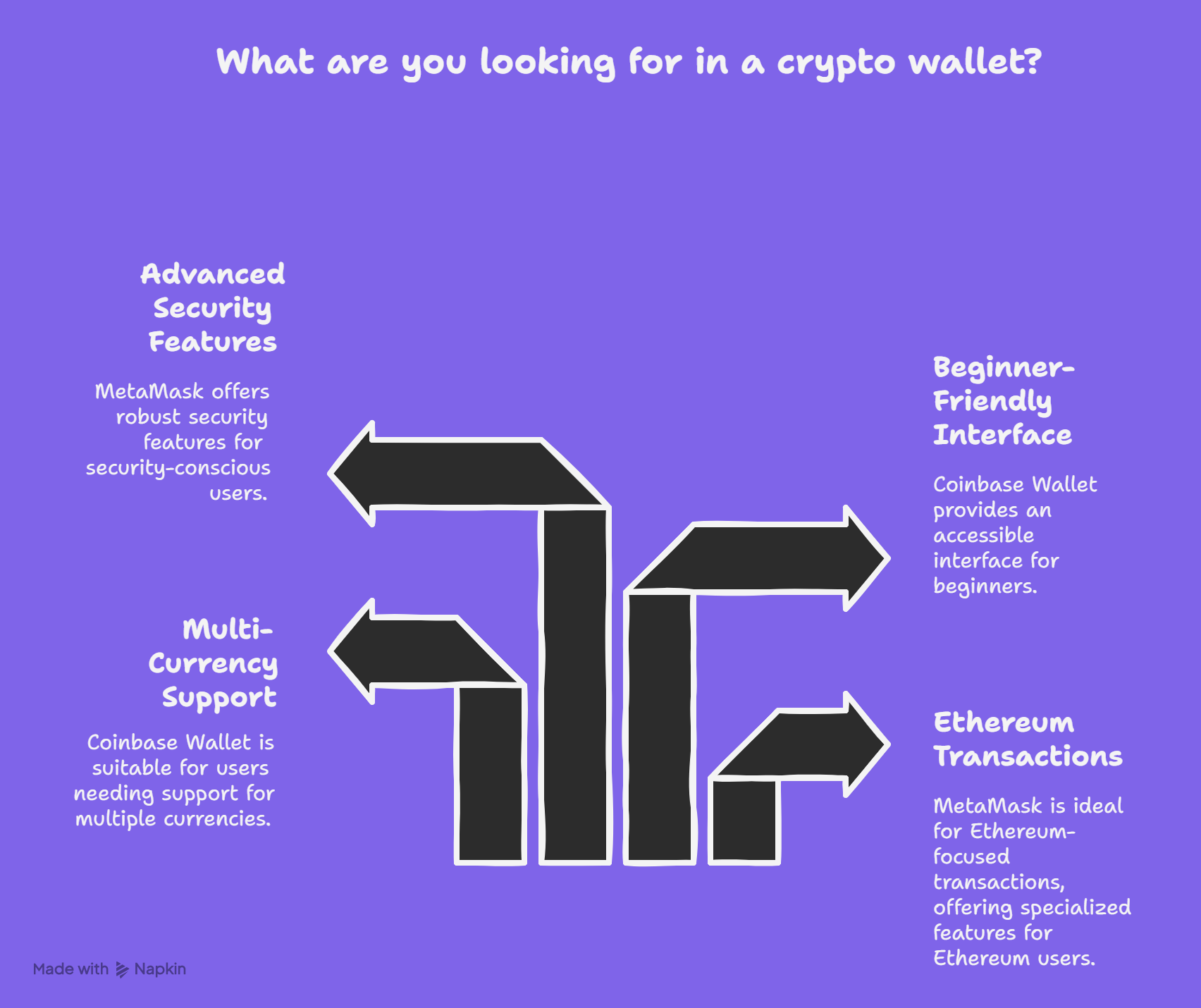
Which Wallet Is Better for Beginners?
Both wallets are beginner-friendly but cater to different types of users:
MetaMask for Beginners
MetaMask’s simple interface makes it easy for new users to manage Ethereum-based assets. Its browser extension allows seamless interaction with dApps like Uniswap or OpenSea without requiring advanced technical knowledge.
Coinbase Wallet for Beginners
Coinbase Wallet is even more beginner-friendly due to its integration with the Coinbase exchange platform.
Users who already have a Coinbase account can easily transition from custodial services to self-custody without understanding complex blockchain concepts.
For absolute beginners unfamiliar with crypto wallets, the Coinbase Wallet offers a smoother learning curve.
Does MetaMask Support Bitcoin Like Coinbase Wallet?
No, MetaMask does not natively support Bitcoin (BTC). It focuses on Ethereum and Ethereum-compatible blockchains.
In contrast, the Coinbase Wallet supports Bitcoin alongside other major cryptocurrencies like Litecoin (LTC) and Bitcoin Cash (BCH).
If you’re looking for a wallet that can manage multiple types of cryptocurrencies beyond Ethereum-based tokens, the Coinbase Wallet is the better choice.
Which Wallet Has Lower Fees: MetaMask or Coinbase Wallet?
Transaction fees depend on network conditions and wallet-specific charges:
MetaMask Fees
- MetaMask charges a service fee ranging from 0.03% to 0.875% when swapping tokens within its platform.
- Gas fees are determined by the Ethereum network and can vary significantly depending on congestion.
Coinbase Wallet Fees
- Coinbase Wallet typically has lower fees (0%-0.04%) due to its integration with the Coinbase exchange platform.
- However, gas fees still apply when interacting with blockchain networks.
For token swaps within the wallet, Coinbase Wallet generally has lower fees than MetaMask.
Also, read – Can Your Phantom Wallet Be Hacked? Security Tips for 2025
Pros and Cons of MetaMask vs Coinbase Wallet
Here’s a detailed comparison of their strengths and weaknesses:
| Feature | MetaMask | Coinbase Wallet |
| Pros | Open-source & non-custodial | Supports 500+ cryptocurrencies |
| Hardware wallet integration | Built-in dApp browser | |
| Excellent for DeFi & NFTs | Seamless integration with exchange | |
| User-friendly interface | Ideal for beginners | |
| Multi-factor authentication | ||
| Cons | Limited cryptocurrency support | No hardware wallet support |
| Higher transaction fees | Less decentralized |
Is the Coinbase Wallet Decentralized Like MetaMask?
Both wallets are decentralized in terms of self-custody since users control their private keys.
However:
- MetaMask is entirely open-source and non-custodial, making it highly decentralized.
- Coinbase Wallet, while non-custodial, is developed by a centralized company (Coinbase). This makes it less decentralized compared to MetaMask.
Can These Wallets Be Hacked?
Both wallets are secure but not immune to hacking if users fail to follow best practices:
Risks With MetaMask
- Phishing scams targeting seed phrases or private keys.
- Malware attacks if your device is compromised.
Risks With Coinbase Wallet
- Vulnerable as a hot wallet if private keys are exposed.
- Less secure than hardware wallets due to constant internet connectivity.
To mitigate risks:
- Never share your seed phrase or private key.
- Use strong passwords and enable two-factor authentication (2FA).
- Consider using hardware wallets where possible (for MetaMask).
Also,read – Is Exodus Web3 Wallet Safe from Hackers?
What Happens If You Lose Your Password or Seed Phrase?
For MetaMask:
If you lose your password but still have access to your seed phrase, you can recover your wallet by importing the seed phrase into another device or reinstalling the app/extension.
However, if you lose both your password and seed phrase, recovery becomes impossible.
For the Coinbase Wallet:
Similarly, losing access without having backed up your recovery phrase means losing access permanently since private keys are stored locally on your device.
Which Wallet Gives You Private Key Access?
Both wallets provide private key access since they are non-custodial:
- In MetaMask, private keys are stored locally on your device.
- In the Coinbase Wallet, private keys are encrypted on your device but managed within its app framework.
This ensures that only you have control over your funds in both cases.
Conclusion
The choice between MetaMask and Coinbase Wallet depends on your specific needs:
- Choose MetaMask if:
- You’re focused on Ethereum-based transactions or DeFi activities.
- You want advanced security features like hardware wallet integration.
- You prefer an open-source solution that emphasizes decentralization.
- Choose Coinbase Wallet if:
- You need support for multiple cryptocurrencies beyond Ethereum.
- You’re a beginner who prefers seamless integration with an exchange platform.
- You prioritize ease of use over advanced features.
Ultimately, both wallets are excellent choices in 2025 for managing crypto assets securely. Your decision should align with how you plan to use them!

